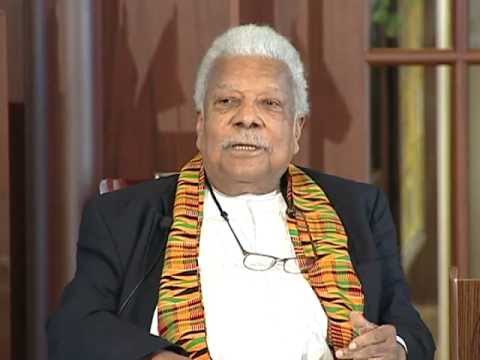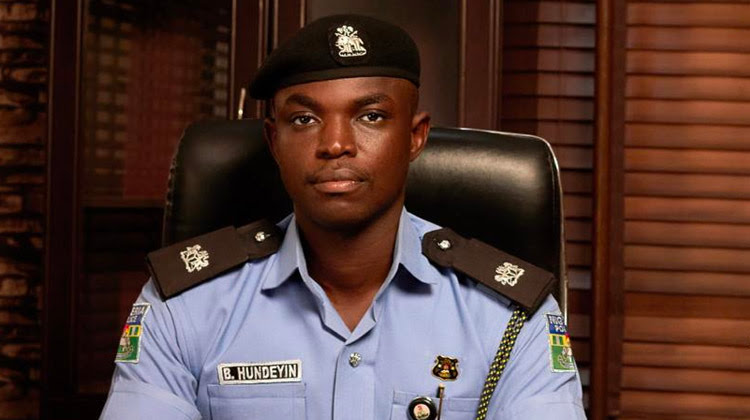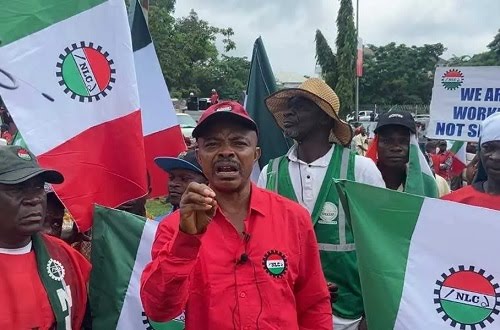The Golden Jubilee Of Pax Africana


By Adekeye Adebajo
This month marks the third anniversary of the death of Kenyan political scientist, Ali Mazrui. Equally significantly, this year also commemorates the golden jubilee of Mazrui’s concept of Pax Africana, developed in a classic 1967 study Towards A Pax Africana. This was undoubtedly the concept that the Kenyan was most proud to have fathered. Pax Africana argued that Africans needed to create peace on their own continent. Africa was encouraged to act as its own policeman, as well as contribute to policing other parts of the world.
The related idea of “continental jurisdiction” was a sort of Monroe Doctrine urging outsiders to stay out of Africa, and let Africans resolve their own conflicts. The Mazrui concept of “racial sovereignty” further argued that intervention by African states in each other’s disputes was more legitimate than those of outsiders.
The Kenyan noted that Pax Britannica was the very antithesis of Pax Africana, as it championed the pacification of “savage natives” and the idea that white races had to disarm darker races in order to rule over them. He thus regarded laws to disarm Africans as a negation of their “warrior tradition”, and the reduction of Africans to children, emasculating them by suppressing values such as physical courage and endurance.
Mazrui would later controversially call – in his 1979 BBC Reith lectures – for Africans to renounce the Nuclear Non-Proliferation Treaty, arguing that a nuclear-armed continent was perhaps the shock needed for nuclear states to disarm. He noted that the “nuclearization of the warrior tradition” would restore the Third World’s adulthood, which imperialism had stripped away.
In the three Cold War decades between 1960 and 1990, Africans failed to attain Pax Africana due to the fact that Pax Americana, Pax Sovietica, and Pax Gallica flooded the continent with weapons, waging proxy wars and supporting local despots, resulting in 10 million African deaths.
With the reduction of interest in Africa by external actors in the post-apartheid era, however, some of the countries that Mazrui had argued would act as future African hegemons were able to promote Pax Africana. Pax Nigeriana intervened in Liberia and Sierra Leone in the 1990s (and later in Guinea-Bissau and Sudan’s Darfur region), at the cost of over 1,500 fatalities in one of the greatest sacrifices of blood in the history of peacekeeping. Pax South Africana also deployed in the Democratic Republic of the Congo (DRC) and Burundi in the 2000s, helping to rout M-23 rebels in the eastern Congo more recently in 2013. Pax Ethiopia has seen the country deploy the largest peacekeeping forces to United Nations (UN) missions in the world, while Pax Uganda continues to lead African Union (AU) peacekeeping efforts in Somalia.
However, Pax Africana has also more recently been defiled by the continuing neo-imperial actions of Pax Americana and Pax Gallica in Africa. About 2,000 U.S. soldiers remain deployed in Djibouti reportedly tracking terrorists, while Washington has small bases and outposts for drones, surveillance, air-bases, special forces, and/or port facilities in Kenya, Uganda, Chad, Central African Republic (CAR), South Sudan, the DRC, Ethiopia, Burkina Faso, Ghana, and Senegal. France also has 4,000 troops deployed in Mali, Chad, Niger, Burkina Faso, and Côte d’Ivoire in a perversion of Mazrui’s “continental jurisdiction.” Africa’s recent response to these violations of Pax Africana has been feeble: an African Stand-by Force promised to have become operational seven years ago, is still in perpetual gestation, resulting in a failure to develop the continent’s capacity to act as its own policeman. Amidst this failure of “racial sovereignty”, are continuing conflicts of horrific intensity in the Congo, CAR, South Sudan, Mali, and Libya.
After the Cold War, Mazrui had controversially pushed the idea of UN “trusteeship” as a way of Africa avoiding the control of neo-imperial powers. He was often ahead of his time, as 85% of UN peacekeepers are today deployed to eight African peacekeeping theatres. Though some of these missions are subject to neo-imperial machinations – with Paris, London, and Washington drafting all the resolutions in African cases on the UN Security Council – it is mostly African and Asian peacekeepers that populate these missions. Thirteen of the 20 top contributors to UN peacekeeping is also African.
However, as the continent’s elusive quest for Pax Africana continues, the question Mazrui had posted half a century ago remains unanswered: “Now that the imperial order is coming to an end, who is to keep the peace in Africa?”










